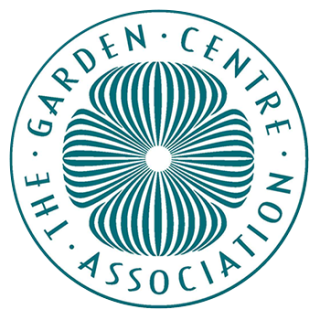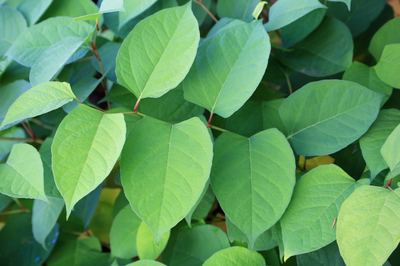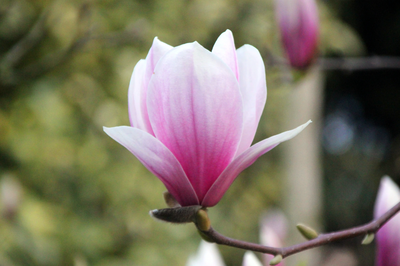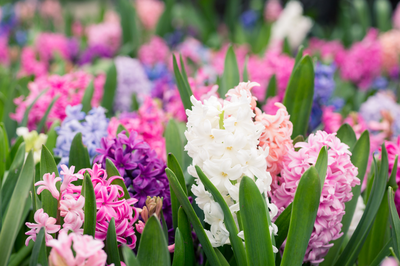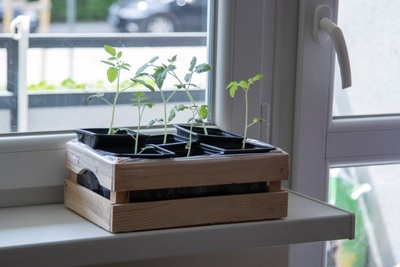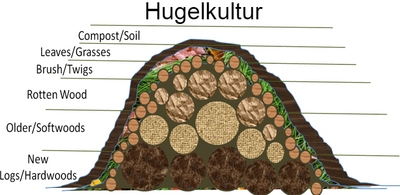
Hugelkultur, a German term meaning "mound culture," is an ancient gardening technique that turns yard waste into fertile, self-sustaining garden beds. At its core, hugelkultur involves building raised beds by layering logs, branches, leaves, compost, and soil. Over time, the wood decays, creating a rich, spongy environment that retains moisture and nutrients, reducing the need for irrigation and fertilization.
One of the key benefits of hugelkultur is its ability to mimic natural forest ecosystems. As the buried wood breaks down, it supports microbial life and improves soil structure, making it ideal for vegetables, perennials, and even fruit trees. Plus, it’s a great way to repurpose organic waste that might otherwise be discarded.
Whether you’re working with a small urban yard or a sprawling homestead, hugelkultur offers a regenerative, low-maintenance solution for more resilient gardening. With a bit of upfront effort, you’ll enjoy years of thriving, eco-friendly productivity.

